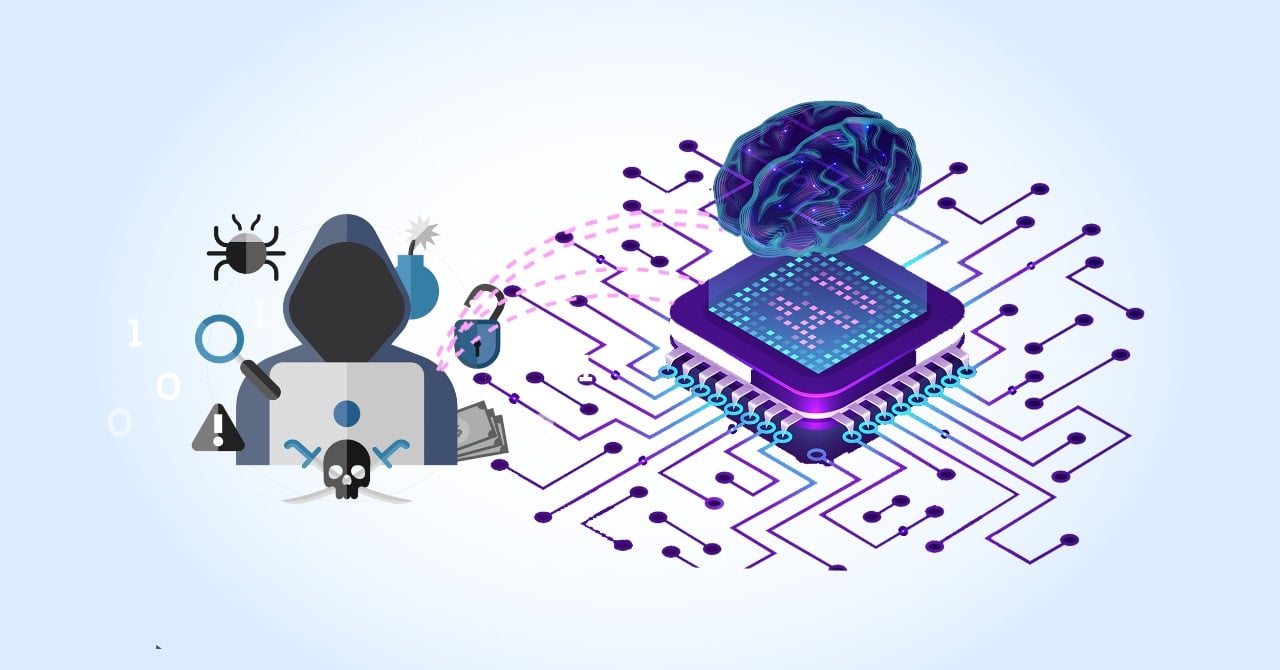In an increasingly interconnected world, where the digital landscape is constantly evolving, the importance of cybersecurity cannot be overstated. The relentless growth of cyber threats and attacks has made it imperative for organisations to deploy advanced solutions to protect their sensitive data and systems. This is where Artificial Intelligence (AI) steps in, playing a pivotal role in the defense against cyber threats. Let’s explore the fascinating world of AI in cybersecurity and its transformative impact.
Understanding AI in Cybersecurity
Artificial Intelligence, a term often used in the context of robotics and self-driving cars, has found a prominent role in the realm of cybersecurity. It refers to the development of computer systems capable of performing tasks that typically require human intelligence, such as learning from experience and making decisions.
AI is particularly effective in cybersecurity because it can analyse vast amounts of data, detect anomalies, and adapt to new and evolving threats in real-time. Here’s how AI works in this context:
Machine Learning: AI algorithms can analyse historical data to identify patterns, trends, and anomalies. In cybersecurity, this is crucial for recognising abnormal network behaviour and potential threats.
Predictive Analysis: AI can anticipate potential threats by recognizing behavioral patterns that deviate from the norm.
Automation: AI can automate routine tasks, such as filtering spam emails, freeing up cybersecurity experts to focus on more complex issues.
The Interactive Role of AI in Cybersecurity
AI isn’t just a passive tool; it plays an interactive role in enhancing cybersecurity in several ways:
Threat Detection: AI can detect known and unknown threats in real-time by analysing network traffic and system behaviour. It can identify malware, phishing attempts, and other malicious activities.
User Authentication: AI can enhance user authentication through biometrics and behavioural analysis. This goes beyond traditional passwords and can prevent unauthorised access effectively.
Incident Response: AI can aid in incident response by quickly identifying the source of a breach and minimising damage. It can also help in post-incident analysis and recovery.
Predictive Analysis: AI can predict future threats by continuously learning and adapting to evolving attack methods. This is especially crucial in the ever-changing world of cybersecurity.
Real-World Applications
AI is already making significant contributions to cybersecurity in various industries:
Endpoint Security: AI-powered antivirus software can detect and respond to threats on individual devices.
Network Security: AI-based intrusion detection systems monitor network traffic for unusual patterns and alert administrators to potential threats
Email Security: AI scans emails for suspicious content, identifying phishing attempts and malware-laden attachments.
User Behavior Analytics: AI analyses user behavior to identify unusual activities that may indicate a security breach.
The Future of AI in Cybersecurity
Looking ahead, the future of AI in cybersecurity promises to be both transformative and essential. As the cyber threat landscape becomes increasingly sophisticated, AI is poised to take on an even more central role in safeguarding digital realms. This evolving landscape may encompass several key developments. Firstly, AI-driven threat hunting will rise to prominence, enabling proactive identification and mitigation of emerging threats by analyzing complex patterns and anomalies. Secondly, machine learning algorithms, the backbone of AI in cybersecurity, will see continuous refinement, reducing false positives and enhancing overall threat detection accuracy. Thirdly, the integration of AI into security operations will deepen, fostering a seamless collaboration between AI and other cybersecurity tools, enabling real-time response to threats. Additionally, the advent of adversarial AI will necessitate the development of AI systems dedicated to countering AI-driven attacks. Lastly, behavioural analysis and continuous learning will become paramount, allowing AI to identify subtle deviations from normal behavior and, as a result, detect insider threats and zero-day vulnerabilities more effectively. In summary, AI’s future in cybersecurity is marked by its capacity to not just react but to anticipate, adapt, and collaborate, making it an indispensable cornerstone of future digital defense strategies.
